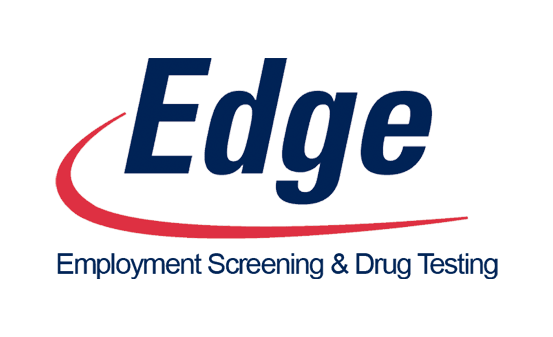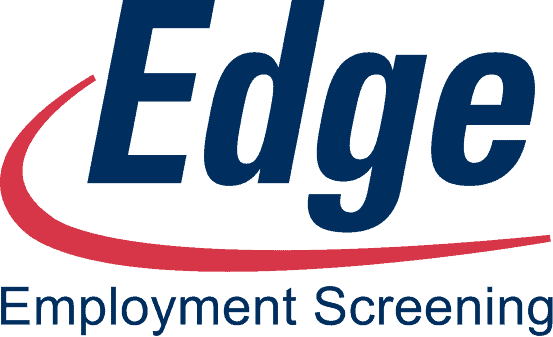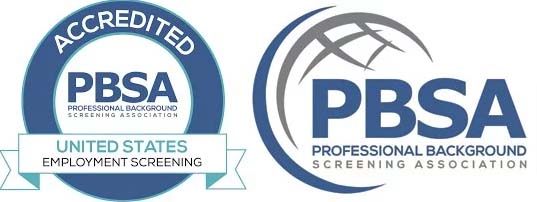Adults make over 35,000 conscious decisions per day, according to research.
Although this is a frightening figure, the decisions we make on a daily basis will all be frightening in their own way. For example, picking what to wear in the morning is less stressful and involves less thought than, say, deciding where to cut costs in your company.
Having said that, every decision has consequences, no matter how minor. So it is very vital to know what are the goals of a company and what things must be done to achieve them.
You can spend the day feeling uncomfortable if you don’t dress appropriately for the weather. And if you don’t plan carefully where to decrease costs, you risk jeopardizing your company’s financial health.
How do we make sure that as many of our 35,000 daily decisions are as sound as possible?
Why Is Critical Thinking Important?
Critical thinking even comes into play as part of pre employment screening solutions. Critical thinking is the process of successfully conceptualizing, applying, analyzing, synthesizing, and evaluating knowledge in order to make decisions and develop new ideas.
It entails making decisions based on all available information. For instance, before choosing an outfit for the day, you might check the weather prediction.
Critical thinking is important in today’s society for reasons other than ensuring you don’t leave the house without a raincoat on a rainy day.
The repercussions of not critically consuming this media can be disastrous. Critical thinking enables us to overcome disinformation and bias, resulting in a more welcoming and well-informed world.
Workplace Critical Thinking
So, why are critical thinking abilities crucial in the job, you might wonder why there are pre employment screening solutions. Aren’t we meant to have faith in the people with whom we collaborate? Should we begin questioning everything our coworkers say and everything our bosses want us to do?
Critical thinking is more than just questioning things for the purpose of questioning them. It’s about scrutinizing and evaluating facts and arguments utilizing contextual knowledge. It promotes self-awareness, competence, and independence.
To answer those questions, yes, we should have faith in the people with whom we collaborate. However, we all say and do things that are subject to examination.
What Else?
Perhaps a colleague makes a decision and you notice a potential repercussion that they haven’t considered, or perhaps your employer wants you to do something but you have a better way of doing it. In both circumstances, you’ve considered things critically to aid your team’s success, and you’re able to share your findings constructively so that your team can make better decisions.
Great critical thinkers, on the other hand, don’t only question other people’s ideas. Employees that are continually and smartly looking for ways to improve their own working tactics are priceless in any business. The following are some of the advantages of having personnel who can think critically:
-
- A better understanding of the efficacy and impact of various solutions
- Various personal perspectives, ethics, and perspectives are brought to the table.
- Coworkers interact on a deeper level to build stronger bonds.
- Workplace efficiency and quality are continually being enhanced.
All of these factors contribute to better workplace decision-making.
Critical Thinking Is a Skill that Lasts a Lifetime
Soft skills are described in a different and more relevant way as durable skills. The concept broadens the soft-skills umbrella to include all of the characteristics that employees need to connect effectively and succeed at work. The following are some examples of long-lasting skills:
- Collaboration and teamwork
- Negotiation
- Creativity
- Cognitive flexibility and adaptability
- Leadership
- Thinking critically
Hard skills are more perishable and need to be updated over time, according to research. Durable skills are most in demand in professions aligned with the future of work.
Wrap
Management, business operations, and engineering jobs all require at least one long-term skill, with critical thinking and communication abilities being the most prevalent.
If you want to know what skills are most vital in employment, make sure to reach out to the nearest pre employment screening company. We’re here to help you achieve that multiskilled level of expertise.










